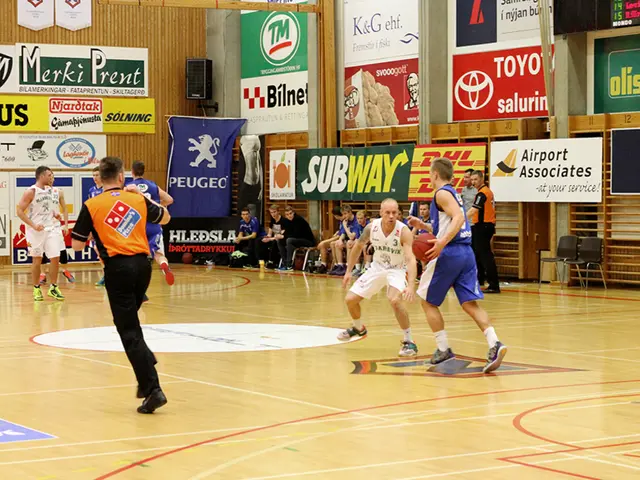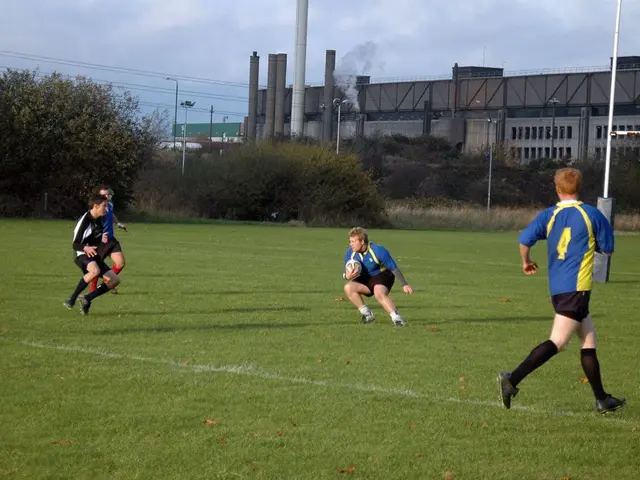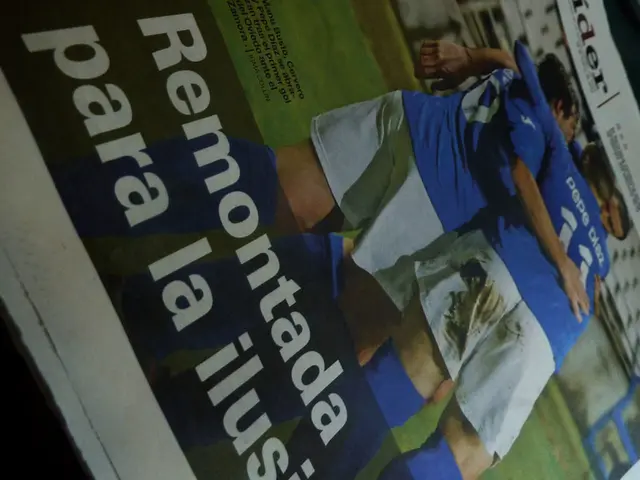Jose Padilha Discusses 7 Days in Entebbe Film Project
In the gripping film "Seven Days in Entebbe", director Jose Padilha masterfully weaves together two parallel narratives that delve into the heart of a historic crisis: the psychological dynamics between the hostages and terrorists, and the internal debate within the Israeli government about negotiations.
The hijackers, such as Wilfried Böse and Brigitte Kuhlmann, who interacted with the hostages, experienced psychological strain that led them to critically question their actions. This shift in perspective is highlighted in recent research on Entebbe, which contradicts the usual portrayal of the hijackers, revealing at least one who began to think more critically about his actions.
The film also sheds light on the political dimension of the hijack, providing insight into the broader phenomenon that still constrains negotiations between Israel and Palestine. The crisis in Tel Aviv and Jerusalem during the Entebbe hijack illustrates the political problems faced by Peres and Rabin, including the objective problem of saving hostages' lives and the concern about the impact on future terrorist actions.
Rabin, despite doubts about the operation's success, approved it and even drafted a resignation letter. This decision, along with the military success of the operation, may have been partly due to the hijackers not making killing the hostages their top priority when they realized the Israelis were coming.
The operation had unintended consequences of historical significance, as evidenced by the assassination of Yitzhak Rabin at a rally in support of the Oslo accords, which confirmed the danger for politicians who negotiate. This event underscores the political implications of negotiating for Israeli and Palestinian political leaders, a theme that is further explored in the second narrative strand of the film.
The film's characters, such as Bose, Brigitte, Jabber, and Lemoine, are constructed to stimulate debate around these questions. The symbolism of Yoni Netanyahu's heroic death and the operation itself have played a role in shaping Netanyahu's political career and policies, as he entered public service due to his brother's death during the raid on Entebbe.
However, the film also reveals the constant fear that pervades each population in the conflict, easily manipulated by politicians and religious leaders who gain prominence by posing as protectors from the "enemy". Certain Israeli politicians adopted an overtly anti-negotiations position before Rabin's murder, with three rabbis from the West Bank suggesting it would be acceptable to kill Rabin.
In essence, "Seven Days in Entebbe" is more than just a film about a historic event. It serves as a mirror reflecting the complexities of political negotiations, the psychological strain on all parties involved, and the unintended consequences that can shape future events.
Read also:
- Today's most impactful photographic moments
- Support for Eric Adams in The Post's Letters to the Editor on August 13, 2025
- Roosting Shark and Rambunctious Red Squirrels: Unconventional House Rental in Yorkshire Involving Aquatic Marvel, Squirrely Mayhem, and Mystical Planning Regulations
- Legal Dispute Dismissed with Humor: Supreme Court Laughs off Another Civil Matter Mislabeled as Criminal Prosecution








